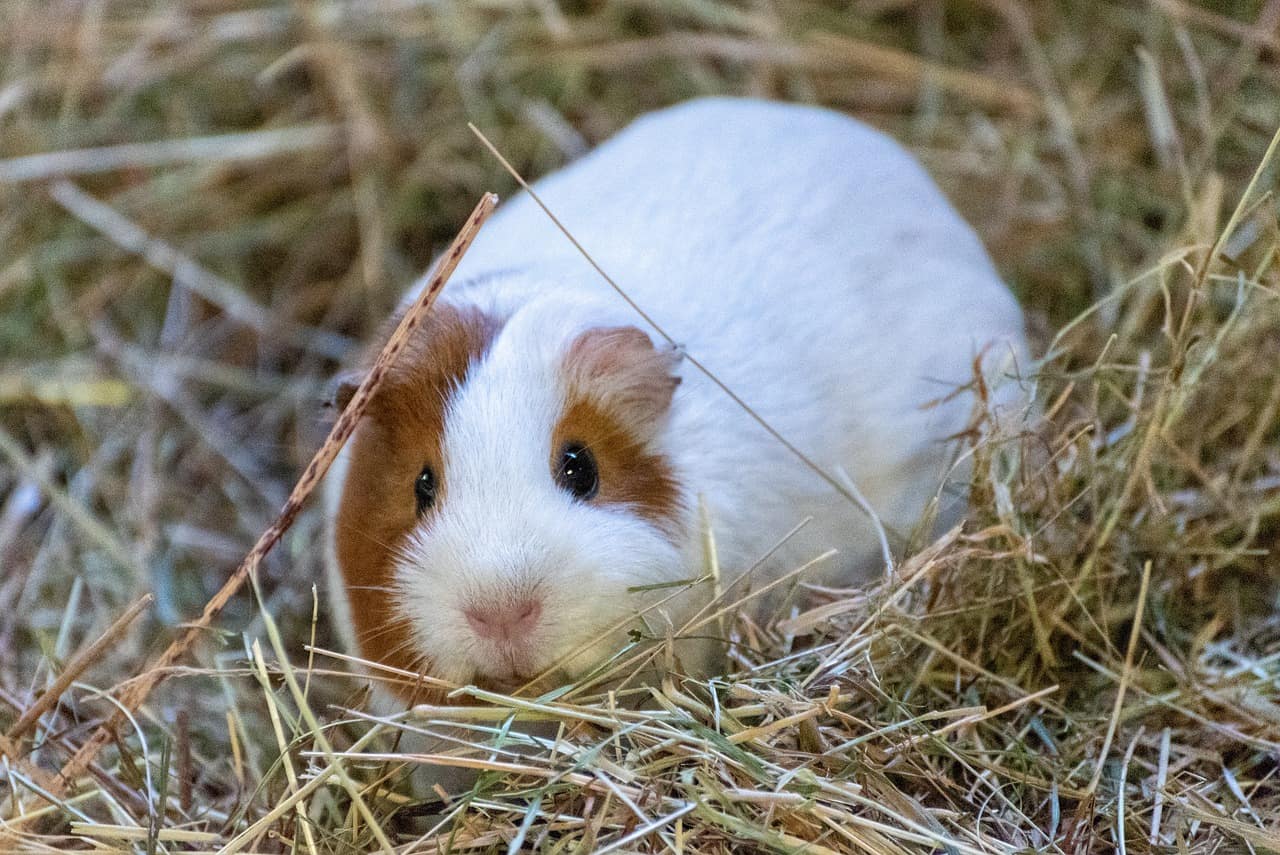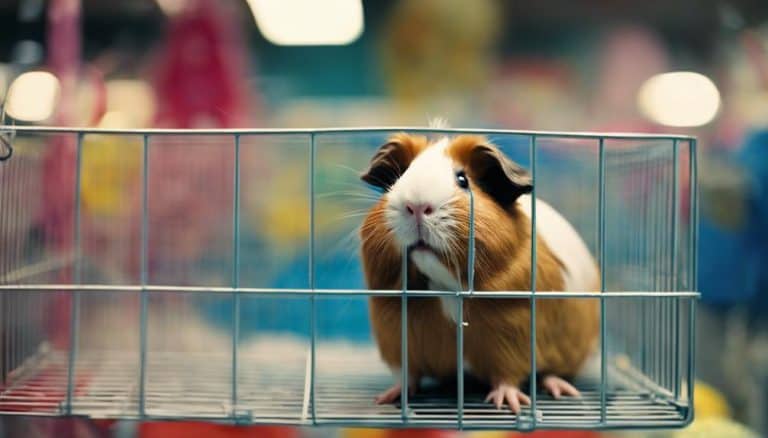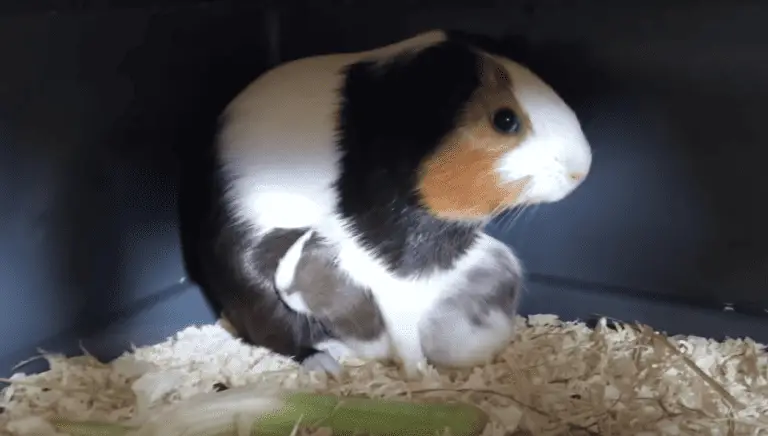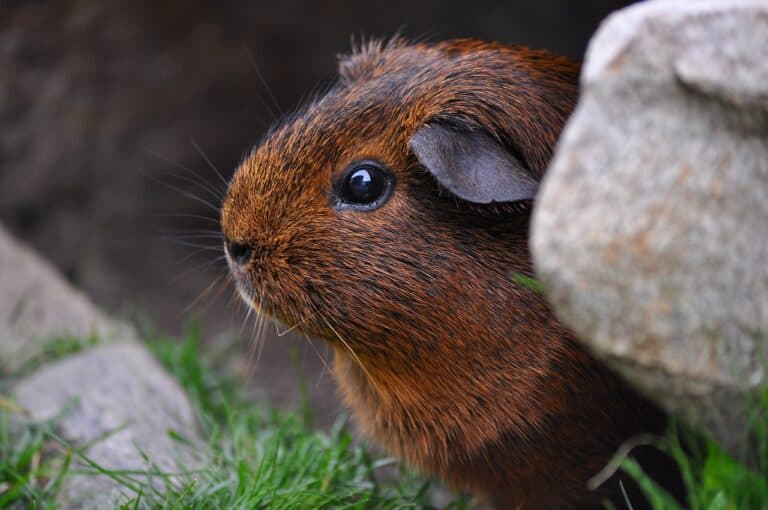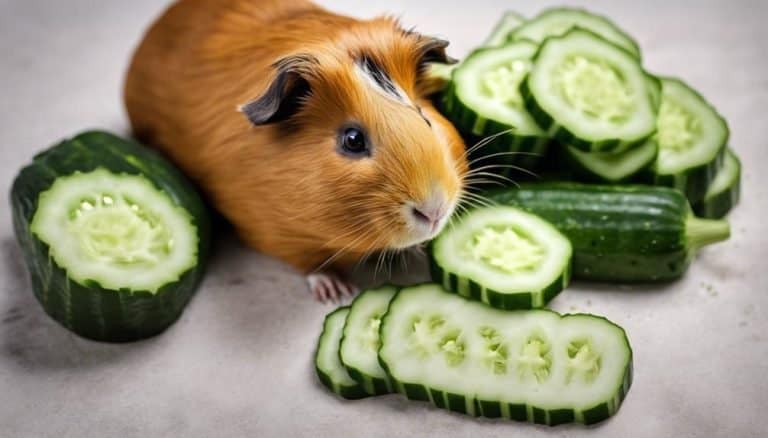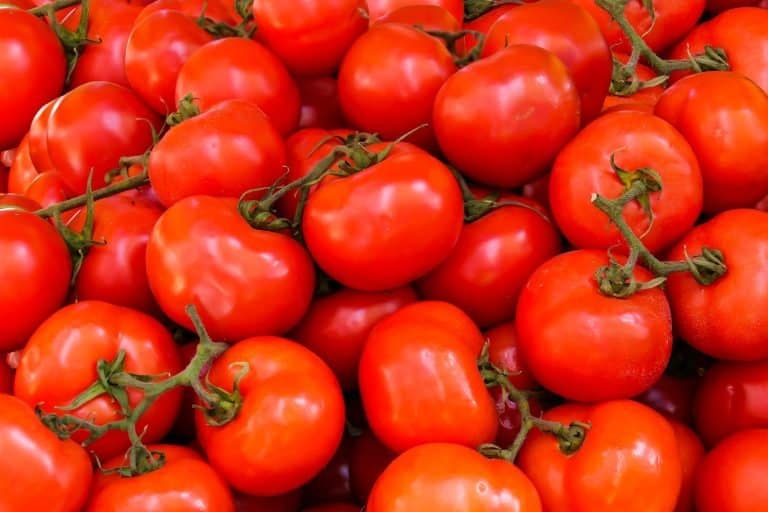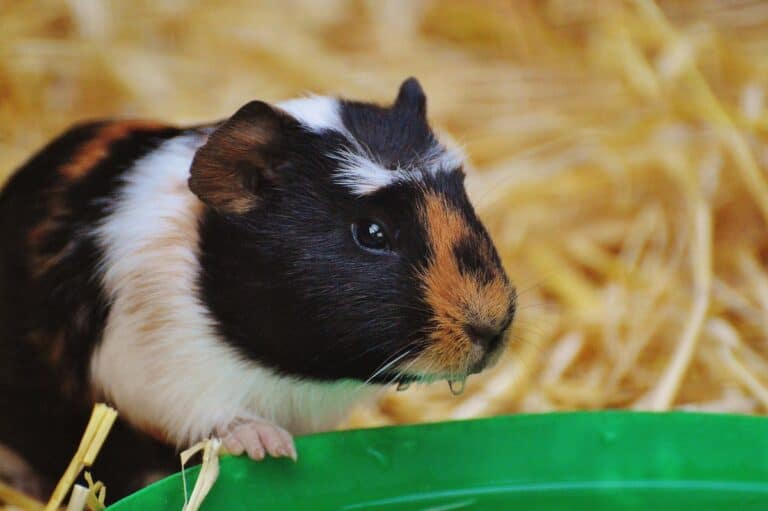The Importance of Hay for Guinea Pigs: Can They Survive a Day Without It?
Hay is a fundamental component of a guinea pig’s diet, serving as their main source of fiber and contributing to overall digestive health. However, many guinea pig owners may wonder if their furry companions can go without hay for a day without harmful consequences.
In this article, we will explore the vital importance of hay in a guinea pig’s nutrition and delve into whether these adorable pets can survive a day without it. Understanding the significance of hay for guinea pigs is key to ensuring their well-being and providing them with optimal care.
The Role of Hay in a Guinea Pig’s Diet
The Role of Hay in a Guinea Pig’s Diet
1. Essential for Dental Health
- Guinea pigs have continuously growing teeth.
- Chewing on hay helps wear down their teeth and prevents dental problems like overgrowth or misalignment.
2. Provides Necessary Fiber
- Hay is high in fiber, a crucial component of a guinea pig's diet.
- A lack of fiber can lead to digestive issues, such as gastrointestinal stasis or bloating.
3. Promotes Good Gut Health
- The long strands of hay help push food through the guinea pig's digestive system, preventing blockages.
- It also promotes healthy bowel movements and reduces the risk of constipation.
By providing your guinea pig with an ample supply of fresh hay daily, you are ensuring they receive essential nutrients while maintaining excellent dental and digestive health.
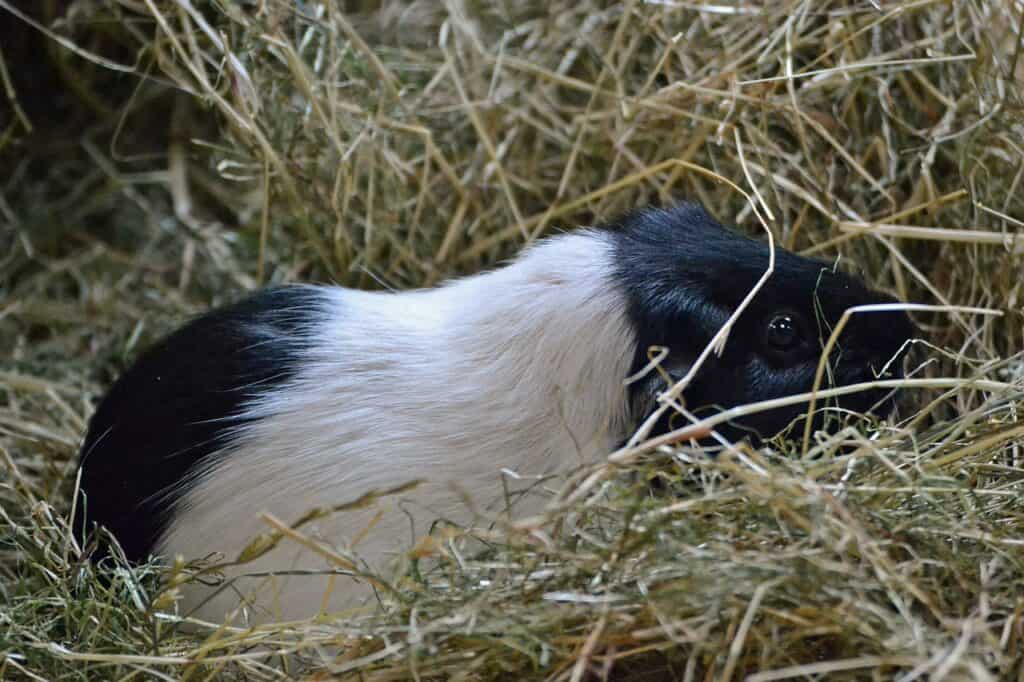
The Importance of Fiber for Digestive Health
Fiber plays a crucial role in maintaining the digestive health of guinea pigs. It helps to regulate their bowel movements and prevent problems such as constipation and diarrhea. Without an adequate amount of fiber in their diet, guinea pigs may experience digestive issues that can be uncomfortable and potentially harmful.
When guinea pigs consume hay, which is rich in fiber, it provides bulk to their stools and promotes healthy digestion. The fibrous nature of hay acts as a natural laxative, ensuring that waste moves through the digestive system efficiently. Additionally, fiber helps to maintain a healthy balance of bacteria in the gut by providing nourishment for beneficial microorganisms.
Incorporating enough fiber into a guinea pig’s diet is essential for overall wellness. A lack of sufficient fiber intake can lead to serious conditions like gastrointestinal stasis or malocclusion (dental problems). It is therefore important to provide consistent access to good quality hay throughout the day to keep your furry friend happy and healthy.
Potential Consequences of Hay Deprivation
1. Digestive Issues
Not providing hay for guinea pigs can lead to severe digestive problems. Guinea pigs have a unique digestive system that requires constant fiber intake to maintain proper gut health. Without hay, their delicate digestive balance can be disrupted, leading to issues such as bloating, diarrhea, and even potentially life-threatening conditions like gastrointestinal stasis.
2. Dental Complications
Hay is essential for maintaining the dental health of guinea pigs. Their continuously growing teeth need regular wear from chewing on roughage like hay to prevent overgrowth and malocclusion (misalignment). A lack of hay can result in sharp points forming on the teeth, which can cause pain, difficulty eating, and abscesses in the mouth.
3. Behavioral Problems
Depriving guinea pigs of hay not only impacts their physical well-being but also affects their mental and emotional states. Hay provides enrichment and stimulates natural behaviors such as foraging and chewing. Without it, guinea pigs may become bored or stressed out, leading to behavioral issues like aggression or self-destructive habits such as over-grooming or barbering.
Alternatives to Hay: Is There a Safe Substitute?
While hay is an essential part of a guinea pig’s diet, there are some alternatives that can serve as temporary substitutes in case you run out. Just keep in mind that these should not replace hay for extended periods since they lack the same nutritional benefits and characteristics.
1. Fresh Grass:
Freshly grown grass can be used as a short-term alternative to hay. Make sure it hasn’t been treated with any chemicals or pesticides, and avoid areas frequented by other animals.
2. Dried Herbs:
Dried herbs like parsley, cilantro, or dandelion leaves may serve as occasional replacements if needed. However, ensure they are unsalted and free from additives.
Remember that switching your guinea pig’s primary food source should only be done under professional guidance to prevent any adverse health effects on their digestion and overall well-being.

